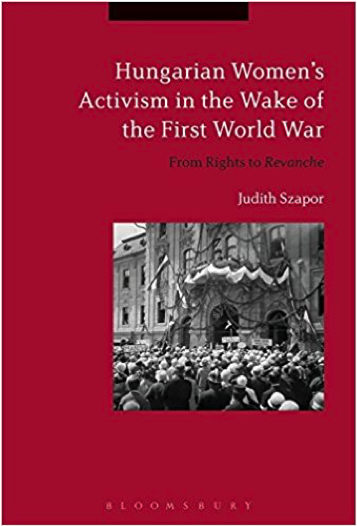VWI goes to ... / VWI invites ...
Der Kolloquienzyklus der VWI-Fellows
Die VWI-Fellows präsentieren Zwischenresultate ihrer Forschungsvorhaben im Rahmen von Kolloquien, die – im kleinen Rahmen angekündigt – auch einer akademisch und inhaltlich interessierten Öffentlichkeit zugänglich sind. Die Vorträge werden durch eine im jeweiligen Thema ausgewiesene Fachperson in Form einer Respondenz oder eines Kommentars begleitet und von den anderen Fellows und dem Publikum diskutiert.
Das Veranstaltungsformat VWI goes to … war ursprünglich aus akutem Raummangel geboren worden, konnte doch das Institut an seinem früheren Standort, am Desider-Friedmann-Platz nicht einmal eine kleine Veranstaltung organisieren. Allein aus dem Kontakt zu anderen akademischen Einrichtungen in Wien, zum Teil auch in der weiteren Region, ergab sich in der Folge – auch dank der jeweils eingeladenen Kommentatorinnen und Kommentatoren – wiederum die einzigartige Möglichkeit, die Fellows und die Forschungen des VWI mit anderen Institutionen, methodischen Ansätzen, Forschungsfragen und Ideen zu vernetzen, das Institut in den regionalen Forschungsraum noch mehr zu integrieren. Aus diesem Grund wurde entschieden, das Format auch am neuen Standort beizubehalten. Gleichzeitig eröffnete sich aber am Rabensteig auch die Gelegenheit, zu diesen Kolloquien Institutionen auch an das VWI einzuladen. Aus diesem Grund trägt ab Herbst 2016 das VWI-Kolloquium entsprechend alternierend auch die Bezeichnung VWI invites... .
| VWI invites/goes to... | |||
| Judith Szapor: The Numerus Clausus in Hungary: Gender, Race, and the Jewish Family. Lecture and Book Presentation | |||
Donnerstag, 15. März 2018, 12:00 - 14:00 Institut für Zeitgeschichte, Seminarraum 1, Universitätscampus, Spitalgasse 2-4/Hof 1, 1090 Wien
|
|||
VWI goes to The Department of Contemporary History of the University of Vienna
The legal and political history of the law had been well covered by older studies. More recent studies have also established the law’s far-reaching impact – namely, that by normalising the breach of the principle of equal citizenship, it prepared the ground for the openly racial anti-Jewish laws and the Holocaust in Hungary. Research has also been emerging on the so-called numerus clausus exiles, Jewish students who left Hungary to study at universities in Austria, Germany, Czechoslovakia, and Italy. Yet, no study has explored women students’ specific experience or even established their approximate numbers. The talk will highlight the law’s previously neglected family and gender historical aspects, the factors that affected personal and family decisions, and explore the potential, long-term impact of the law on women’s emancipation, Jewish assimilation, and, ultimately, the choice between tradition and modernity. Judith Szapor is currently Senior Fellow at VWI. She teaches European history at McGill University, Montreal. Her publications include Hungarian Women’s Activism in the Wake of the First World War; From Rights to Revanche, published by Bloomsbury Academic in 2018 and Jewish Intellectual Women in Central Europe (edited with Andrea Pető, Maura Hametz, and Marina Calloni, Edwin Mellen Press, 2012). Click here to download the invitation as a PDF file. In cooperation with: |
|||






 The talk will focus on the impact of the so-called
The talk will focus on the impact of the so-called